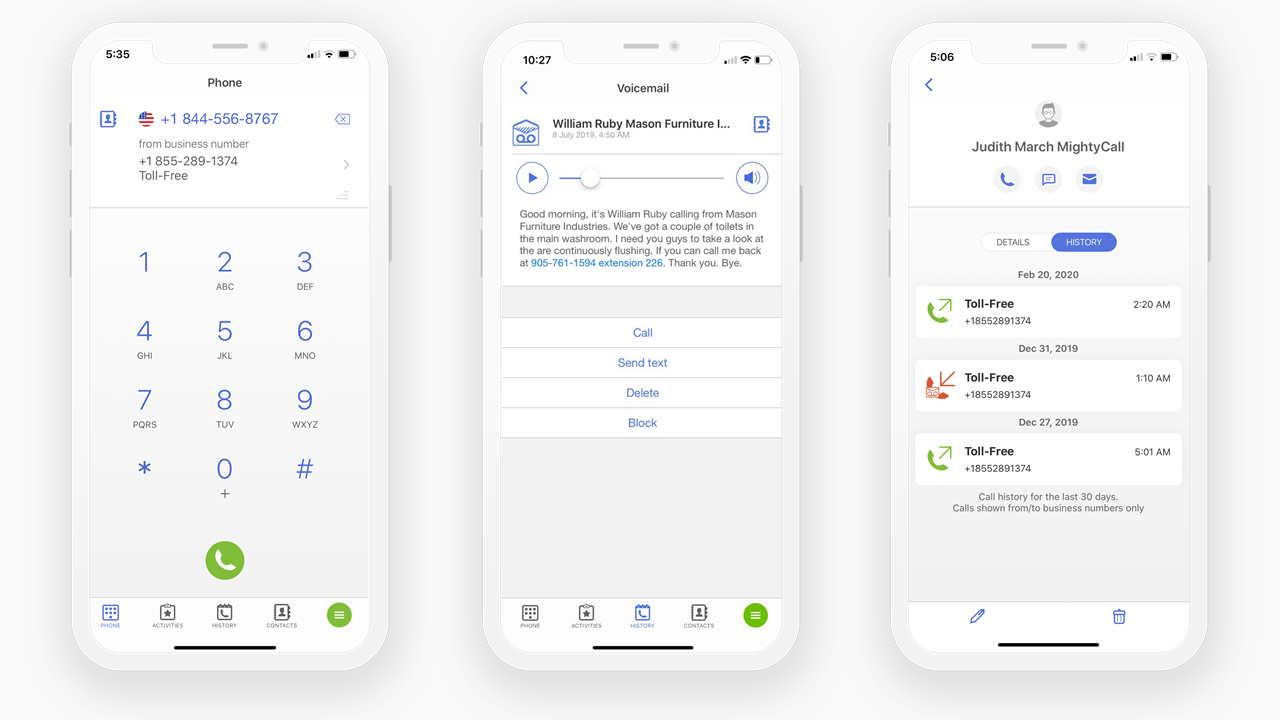“It’s the economy, stupid.” Those four words have carried multiple presidential campaigns, have brought Wall Street bankers to new heights of wealth, and have sent millions into the unemployment registers. When deciding that you want to start a small business, however, I would be so bold as to slightly alter that venerable saying into a newer, more appropriate motto: “Economize, stupid.” Why?
Starting a small business can seem treacherous. The US Bureau of Labor Statistics found in 2020 that 25% of small businesses fail within the first year. Now you may not think on its face that that is such a big number. But think about it– if you got in your car to pick up groceries and you had a 25% chance of dying in a car crash on the way there you…probably would not be picking up groceries and would instead be ordering in for the night. And if you hope for your small business to be your livelihood, then risking it on a one out of four chance of failure means that, when you take the risk, you better be sure you know what you’re getting into.
Some of the things you’ll want to know about your small business in advance are startup costs. In present times, you’ll want a business with minimal startup costs. To help you out, we decided to put together a list of a couple of venture ideas and some general things to know about starting a small business with minimal startup costs.
Turning what you are good at into hard cash is a no-brainer — so what are you waiting for?
Navigate:
- Things to keep in mind when starting a business
- 5 businesses with minimal startups costs
- How to minimize risks when starting a business
Things to Keep in Mind When Starting a Business
The great
The good of starting a small business is that you get to take something you like to do for fun and make money off of it. That concept, on its face, is pretty great. Everyone likes doing things they, well, like, and everyone likes making money!
When starting off and thinking about what kind of business you want to start, try just taking inspiration from what is around you in your own life- the things that bring you joy or make you happy. Because there are going to be plenty of times when running a small business does *not* bring you joy or make you happy- stressful nights and long days.
But if you keep the core of what you are doing focused on something you genuinely like to do—as opposed to something you have to do—you’re more liable to keep going and to enjoy the happier days for what they are.
The important
When it comes to when running a small business, even the most minimal of initial costs can rack up exponentially in a short while if you don’t plan carefully. For those of you who aren’t organized- get organized. For those of you who hate planning- learn to love it. If you intend to make your small business your main source of income, you are going to need to take it seriously, and you can’t leave your livelihood to chance.
Learn more: How to manage a small business from your phone
The ugly
As the saying goes, the best-laid plans of mice and men often go astray. Or, for a more blunt assessment of reality, take Murphy’s Law: “What can go wrong, will go wrong.” Things are going to go bump in the metaphorical night, and it’s best to be prepared for those eventualities.
So when going into a new small business, it’s a good idea to have a small rainy day fund just in case. You don’t need to have a million dollars saved up, but a cushion for when things get tough isn’t a bad bet. The size of that cushion varies depending on what sort of business you decide upon, but it’s still a good idea to have one regardless.
5 Businesses with Minimal Startup Costs
1. Selling Crafts Online
So you have an eye for painting. Or you’re into sewing, or you just like to work with your hands. Either way, the good news is that crafts are pretty easy to get started on and isn’t going to cost you an arm and a leg.
Firstly, it’s a good idea to pick a lane: better to start off doing something you know you are good at, make a name for what you do, and then expand into newer, riskier types of crafts. This is cheap because anyone can go to a craft store, spend a hundred bucks, and walk out with a ton of supplies.

Combine that with social media pages (almost always free) and setting up a website (not at all expensive), and you can have a business going pretty quickly. This is also useful in that you practically never need to have any sort of license when starting off (though if you get big you may need to get a business license, which isn’t necessarily difficult). Likewise, you don’t exactly need a ton of office space- if you already have a studio or a space to create well, there you go (though again, once you start operating it as a large-scale business, you might want to check your zoning codes of HOA agreements to make sure you legally can operate a business from your home/private residence).
In terms of actually making money? Well for one, you can sell what you make on your website/Etsy/other websites. But making a name for yourself varies. In a lot of cities and small towns there are not at all infrequent craft shows and small little weekend markets. Sometimes you have a pay a little bit for a stand for a day (not much- probably in a the double digits or low triple digits). There you can hawk your wares and direct people to your site to shop for more.
2. Writing and self-publishing
If you have writing skills or simply love the craft, you can channel a writing talent into several alleys: blogging, guest writing, a virtual assistant business, book writing, self-publishing online, and more.

Before you get started, create a personal website and expand the network of people who’re your potential clients and/or audience (think writer groups on social media and online networking). For writers, crowdfunding sites can help you cover publishing costs and other expenses.
Learn more: How to fuel your business with crowdfunding sites
A great perk of the writing business is that you can start it as a side hustle and turn into a full-fledged business when revenue starts to go up, thus minimizing economic risks.
3. Tutoring, classes, and online courses
Let’s say you have that history degree lying around. You haven’t done anything with it, and it’s gathering dust on your wall. Well, brush it off, because you probably paid a decent buck for that degree and it’s time to get your money’s worth.
Tutoring and online courses are great and low-cost to begin with because you don’t really need materials. You need knowledge in a subject, and depending on who or where you tutor, you may need to have proof of that knowledge (like field experience or a degree), but beyond that, to tutor you just need yourself and a tutoring plan. A lot of the time, the students you’ll be tutoring are people who already have homework assignments and the like — your task is just to help them understand what it is they’re doing.

In pandemic times, with people stuck in their homes, virtual classes are becoming a real thing. You can give any classes online, from cooking classes, to language lessons via Skype to people from across the world, to yoga/fitness classes, to music lessons.
If you have a degree or lots of experience, you can usually charge a not-insignificant amount of money for a session. If you are intermediate-level, try teaching kids or beginners.
Combine this with, as above, a business phone, free social media pages, and a cheap website (we’ll explore that in detail below), and you have yourself a low startup costs/high reward small business plan.
4. Photography and Videography
Of all of the businesses on our list, this is the most “high cost of the low cost” options. However, if photography is something you are already into, the odds are that you already have the equipment, and you already have the commensurate experience to be able to get off some good shots. Plus, you don’t really need any official certifications in terms of getting people to trust you- if you take good photographs, they’ll trust you.

Setting up a good website and uploading your pictures and/or videos is incredibly cheap. If you truly don’t have a camera or the editing software necessary that could set you back in the upper hundreds, but long-term it’ll pay off in spades. Pandemics aside, there are always events which need to be memorialized — and photos are usually the way of going about that. The more work you get, the more you’ll be noticed — and the more you can charge.
5. Create and sell an app
Techies, this one’s for you! The upside of creating your own app or game is that you can do it alone and completely free, and the publishing costs are minimal. For example, you can sell it to thousands of users on Google Play Store and/or App Store.

For Android apps, the process is fairly simple and involves a one-time $25 fee for opening your Google Developer Account. After that, you’ll just have to link your Merchant Account, create your app, and customize the listing.
iOS developers can also sell their apps on the Apple App Store, but that will cost you a bit more: $99/year. And hey — if you don’t have an app yet but always wanted a reason to develop one, this one’s for you too!
How to minimize business risks and startup costs further
A great business starts with great tools to save you time and bring clients. Taken altogether, the risk of starting a small business can seem large, but if you pay attention to these early things and abrogate risks early, you can avoid a lot of unpleasantness down the line. For all of the above businesses, here’s what you’ll need to get started.
✅ Business website
A business website is your business card to the world. This is where your clients learn who you are, find your products, interact with you.
These days, building a small business website on a platform like Wix or Tilda is completely visual. It demands no coding knowledge and involves minimal startup costs as well. If you aren’t sure where to start, here are best website builders for small business, depending on your industry.
✅ Business phone system
One of the best ways to minimize risks and startup costs when starting a business is using cost-saving tools like a virtual phone system, such as MightyCall’s. Virtual phone systems combine a lot of the different aspects you need of running a small business: contacts, voicemail with transcripts, social media oversight, employee oversight (if that’s important), and of course, making calls, all from a centralized virtual hub that you can take with you.

✅ Cloud tools
Accounting, finance, marketing, CRM, and productivity tools have one thing in common: making a business owner’s life easier and more automated while allowing you to personally do things instead of outsourcing them. As a result, you save money, and learn to manage your business in a cost-effective way, especially as a solopreneur.
Need help with peer-reviewed cloud tools? We asked entrepreneurs to share their favorites.
Discover more
Have you picked a business with minimal startup costs you’ll start this National Entrepreneurship Month?
If that’s a yes, check out our out-of-this-world fast, mobile, and budget-friendly phone system for small business. We help solopreneurs and teams talk anytime, anywhere, and about anything, at a stunning price.




















